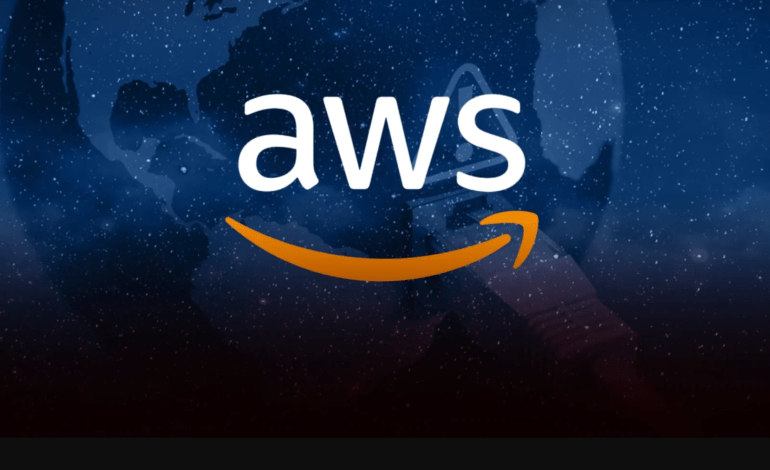
The cloud monopoly: Is the internet too dependent on Amazon?
By: Dr. Avi Verma
The massive Amazon Web Services (AWS) outage this week sent shockwaves across the digital world — not only because it briefly silenced platforms like Snapchat, WhatsApp, Venmo, and several airline and banking systems, but because it exposed an uncomfortable truth: the modern internet has become dangerously dependent on a handful of corporations.
What was once hailed as the dawn of digital decentralization now looks increasingly like a cloud monopoly, where the failure of one company’s servers can bring large parts of the global economy to a halt. The AWS crash, which originated in the company’s U.S.-East-1 region, disrupted critical infrastructure across continents and cost businesses hundreds of millions of dollars in downtime and lost productivity. But the financial losses, though staggering, tell only part of the story. The deeper cost was loss of confidence — in the illusion of digital stability that powers our hyper-connected world.
When one provider controls vast swaths of internet hosting, financial processing, communications, and even government data, we must ask: who truly controls the modern world — elected governments or cloud monopolies?
The outage highlighted how fragile our global systems really are. Hospitals, airlines, schools, and banks now depend on third-party servers to function, often without any alternative route when the cloud fails. In India too, where the digital economy is surging, AWS and its peers dominate everything from fintech startups to e-commerce and digital payments. A single disruption in a foreign data center can ripple across millions of Indian users and businesses — a digital domino effect that no national regulation can easily prevent.
So what are the safeguards? Today, there are few. Businesses migrate to the cloud because it is convenient, scalable, and seemingly invincible. But convenience has quietly replaced sovereignty. Even governments rely on the same networks controlled by private corporations headquartered thousands of miles away. When an outage strikes, there are no emergency protocols, no international redundancy frameworks, and no enforceable accountability.
It is time for policymakers to confront this imbalance. Cloud diversification, domestic data infrastructure, and stricter transparency laws must become central to national security strategies — not after the next outage, but now.
And yet, one must ask: why isn’t the U.S. Justice Department taking appropriate steps to address this growing monopoly? When one company’s infrastructure can paralyze communication, commerce, and security, this goes beyond a business concern — it becomes a matter of public safety and economic sovereignty. Antitrust laws exist for precisely this reason: to prevent any single entity from holding the world’s digital arteries in its hands. The Justice Department’s silence is becoming more glaring as the stakes rise.
The AWS blackout of 2025 will be remembered not just for the temporary chaos it caused, but for what it revealed: the internet — the great equalizer of our age — has itself become centralized, monopolized, and vulnerable.
As the world rushes to digitize every transaction, every communication, and every record, one question looms large: are we building progress on a platform too powerful for anyone to control, and too fragile for everyone to trust?
— Dr. Avi Verma
CEO & Publisher, IndoUS Tribune